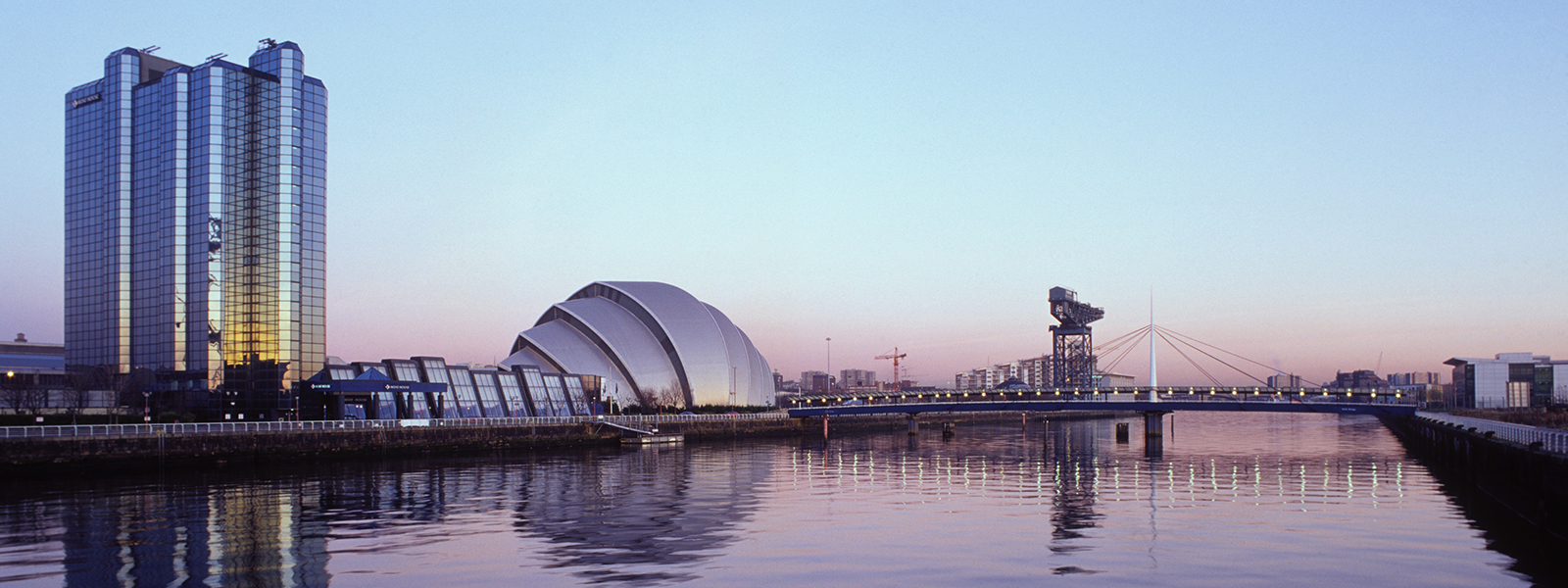3D and 4D Imaging
Key skills for the Earth, Environmental & Planetary Sciences
18th to 22nd March 2024
National X-ray Imaging Facility, University of Manchester
3D & 4D imaging tomographic techniques now let us see what is happening inside our samples in microscopic detail, without destroying them. This capability can be truly transformative when applied to Earth, Environmental & Planetary Sciences.
These tools can be useful across all areas of NERC science from ice to lava, from modern sediment to Archean craton, from tree top to mantle; and this 5 day residential course will provide they key skills for anyone wanting to exploit 3D and 4D imaging in their research. You will receive an introduction to the range of scanning equipment at the UK’s largest laboratory imaging facility and training in how to apply lab and synchrotron imaging techniques to your samples. You will also develop skills in experiment design, x-ray tomographic data acquisition, image analysis and advanced quantification tools.
Attendees do not need any prior X-ray or imaging experience, and all attendees will have the chance to acquire a 3D data on a sample of their choice, and develop a bespoke analysis workflow with the support of the training team.
The course is open to UK–based Doctoral and Early Career Researchers (i.e. within 8 years of their PhD). There are a total of 30 spaces. If you are given a place, course fees and travel and subsistence will be covered.
Application deadline: February 5 2024
More information: email Katherine Dobson, katherine.dobson@strath.ac.uk
The provisional syllabus includes a range of theory, practical (software and lab equipment), seminar and discussion based sessions covering:
- Tomography for NERC research
- A practical intro to image processing and analysis
- Developing your personal advanced processing toolbox
- Applied data analysis skills
- Multiscale studies & Upscaling
- Error and uncertainty in image based data
- Engagement and dissemination
- Synchrotron Imaging
- Machine learning & advanced image processing
- Automation of image processing
- Time integrated and dynamic experiments (e.g. flow, deformation, crystallisation)
- Experiment design & infrastructure skills
- An introduction to the National X-ray CT Facility
- An introduction to correlative imaging and other complimentary methodologies



